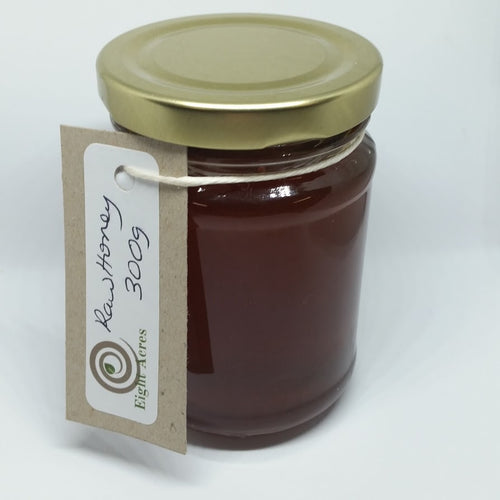Seven random facts about beekeeping - plus books and resources
I get a lot of questions about bees. Its funny when you start talking about bees with someone who hasn't really thought about it before. You don't realise how much you've learnt from until you start trying to explain to someone how to catch a swarm or why we don't know exactly what type of trees our current batch of honey has come from.
Before we got bees, I really hadn't thought much about bees at all, and now I think about them all the time, there are just so many bee things to think about! Here's a few bee facts that might interest you too.
There's more to bees that just honey bees!
In Australia we have a number of native bees (and New Zealand has some too, and so does the USA). There are ten Australia species of social bees that build hives and make a small amount of honey (known as "sugar bag"), and they don't sting. They are known as native stingless bees. Lots of people keep them in little boxes in their yards, they are great for city gardens as you don't have to worry about the neighbours getting stung. They like sub-tropical and tropical climates. Look out for them buzzing around trees in the bush. We found some in a tree on our neighbour's property, now we just need to figure out how to get them to live in a box at our place....
There are also lots and lots of solitary bees and wasps that are equally capable of pollinating flowers and predating pest insects, even better there are simple things we can do to attract them to our gardens. Pete made me a solitary bee hotel for my birthday and now we are waiting for the bees to move in.
There are lots of different ways to keep honey bees
You are probably familiar with the langstroth hive, that's what most commercial bee keepers use, but did you know that there are other types of hives? We got to see a horizontal top bar hive at the bee open day, and there are also vertical top bar hives called warre hives. Here's an article explaining the pros and cons of each type of hive. Some bee keepers are fanatical about their chosen type, and some use all three at once.
Commercial beekeepers may use chemicals in their hives, but there is a movement toward natural beekeeping
I was shocked to find out that its common for commercial beekeepers to use insecticides to kill small hive beetles and to use antibiotics in their bee hives. These chemicals end up in the commercial honey and the beeswax. Most hobby beekeepers try not to use chemicals and fortunately there is a lot of information about how to manage bees naturally. This is what we have tried for small hive beetles in our hives.
Commercial beekeeping has been compared to keeping chickens in cages for egg production
Modern methods of beekeeping designed to maximise honey production, often at the expense of bees being bees and subsequently the health of the hive, have been likened to the approaches taken by cage egg producers to pump out eggs at the expense of the chickens. Many beekeepers are now questioning the use of foundation wax and the migratory practices that see hives travel the length of the country to follow the "nectar flow". As a hobby beekeeper, like a backyard chicken farmer, its possible to do what's best for the bees while harvesting enough honey for yourself. See more here from Milkwood permaculture.
Honey is concentrated nectar made by bees, and has some special properties
I have seen comments where people say that honey is just the same as sugar. It has a similar chemical composition, being about half fructose and half glucose, but it also contains trace amounts of phytochemicals found in nectar. Manuka honey is particularly special and has been found to help with healing wounds. Here's a great post about the chemistry of honey.
Mead is made from honey
Mead is a very old alcoholic drink made from honey and other spices. When I found out about mead I went and bought some to see what it was like. Its very nice, especially with sparkling water. If we have excess honey, I will be making mead.
A lot of people have old bee keeping equipment to sell - you don't have to buy everything new
We were able to buy a few bits and pieces from people who have had bees in the past, including extractors, parts for Langstroth hives, a hive tool and smokers. We also bought new bee jackets and new frames. Read more here about the basic equipment you will need.
| me in my bee jacket |
Beekeeping books that we found useful
The Barefoot Beekeeper (affiliate link) - this one is all about horizontal top-bar hives
Beekeeping for All - Abbe Warre (free download) - this is the original book about Warre hives
Practical Beekeeping in New Zealand: The Definitive Guide - Completely Revised & Updated (affiliate link)
Australian Stingless Bees; A Guide to Sugarbag Beekeeping
Beekeeping on blogs
Lovely Greens on the Isle of Mann
Milkwood in Australia
Root Simple in California
Honey Bee Suite
A good summary on Homestead Survival Site - 9 questions to ask before you start beekeeping
See more on my pinterest board
Bee keeping on podcasts
Beekeeper's Corner
Honeybees Online
Kiwimana Buzz
Any beekeeping resources that you're found useful? Any big questions about bees?




















Leave a comment